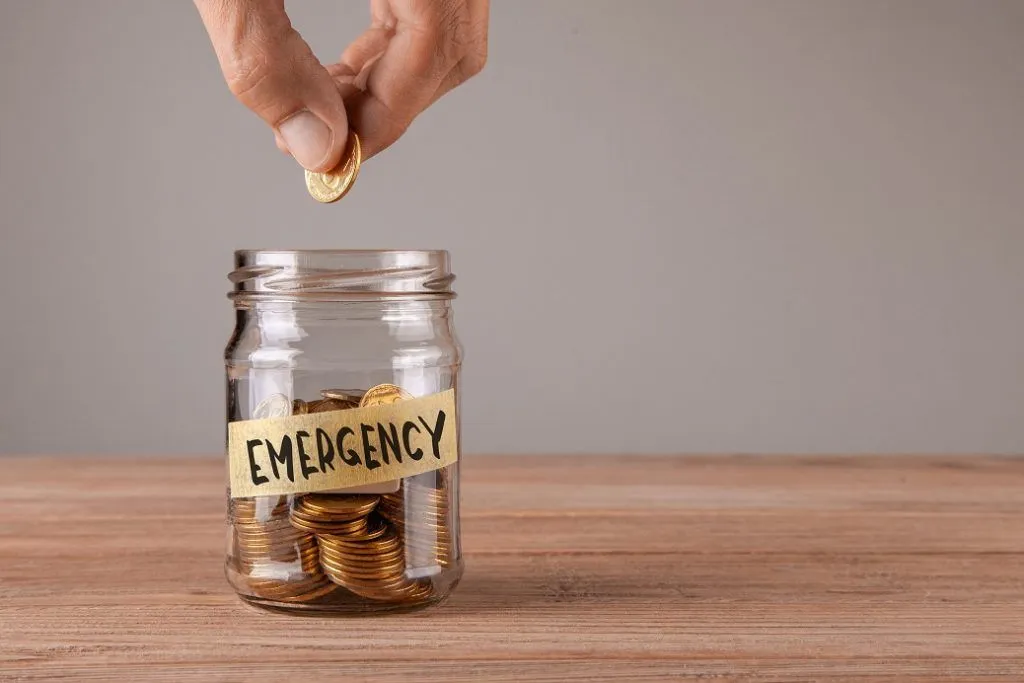The Importance of Emergency Funds
An emergency fund is an essential element of a sound financial strategy. By creating one early, it can alleviate stress over money matters while helping prevent you from falling into debt in an unexpected circumstance.
Saving enough to cover several months’ of expenses may seem intimidating if you’re living paycheck-to-paycheck, so here is how you can begin saving for them:
1. Set a realistic goal
Emergency funds can help protect against unexpected medical costs, car repairs and job loss that require significant expenses to address. They also allow you to avoid debt during stressful financial times.
Experts advise setting an initial savings goal of three to six months of expenses, although it may be unrealistic for some individuals to save this much immediately.
Just set aside as much as you can each week or month and stick to that goal – that way, momentum will build to reach your larger savings goal faster! If necessary, use emergency savings only for emergency expenses while refilling it as soon as possible.
2. Create a spending plan
Emergency savings should only ever be used in an actual emergency, not for regular expenses or extra “wants” that fall outside your budget. Misusing an emergency fund could put you at risk of debt or financial issues in the future.
Building an emergency savings account large enough to cover three or six months of living expenses may take time, but there are ways you can quickly reach this goal, including restricting spending, finding additional sources of income and eliminating non-essential expenses.
Set your account up so any lump sum payments you receive throughout the year – such as tax refunds or gifts – automatically deposit into it, providing an effective way of starting and meeting savings goals.
3. Save regularly
An emergency fund can help relieve both the financial and psychological stress caused by high-interest loans, but creating one takes time and dedication. Set small goals as you go along; reaching each one will provide positive reinforcement that keeps saving on track.
Unexpected expenses can arise at any time – be it an illness, major car repair work or losing your job. Don’t add stress and anxiety by disregarding or incurring debt to cover these unexpected events.
Plan to transfer some or all of the money you receive as tax refunds or birthday and holiday cash gifts into savings on an ongoing basis. Or set aside part of any lump sums that come your way throughout the year such as tax refunds.
4. Don’t overspend
In times of emergency, it can be tempting to tap your emergency savings account in order to cover unavoidable expenses. But remember: these funds should only ever be used for true emergencies, like unexpected bills or repairs that require attention – using your emergency fund can prevent you from incurring higher-interest debt later.
Emergencies can happen to anyone at any time – from losing your job, natural disasters and medical emergencies. Being prepared can help ease stress during these trying times by setting realistic goals, saving regularly and replenishing any emergency funds you dipped into as quickly as possible – this way wasting none of your hard-earned savings and hindering you from meeting long-term goals.
5. Don’t take out a loan
Unexpected expenses can be devastating and financially devastating, so having an emergency savings account is invaluable for covering unexpected bills like medical expenses, home repairs or job loss. Just make sure not to dip into it just to buy wants such as new TV or furniture!
Avoid using your emergency fund to pay off debt, such as student loans or credit card balances, instead consider using those funds towards making minimum monthly payments instead. Another great way to save regularly is setting up automatic transfers between checking and savings accounts each time you get paid; that will make sticking to both budget and savings plans simpler.




